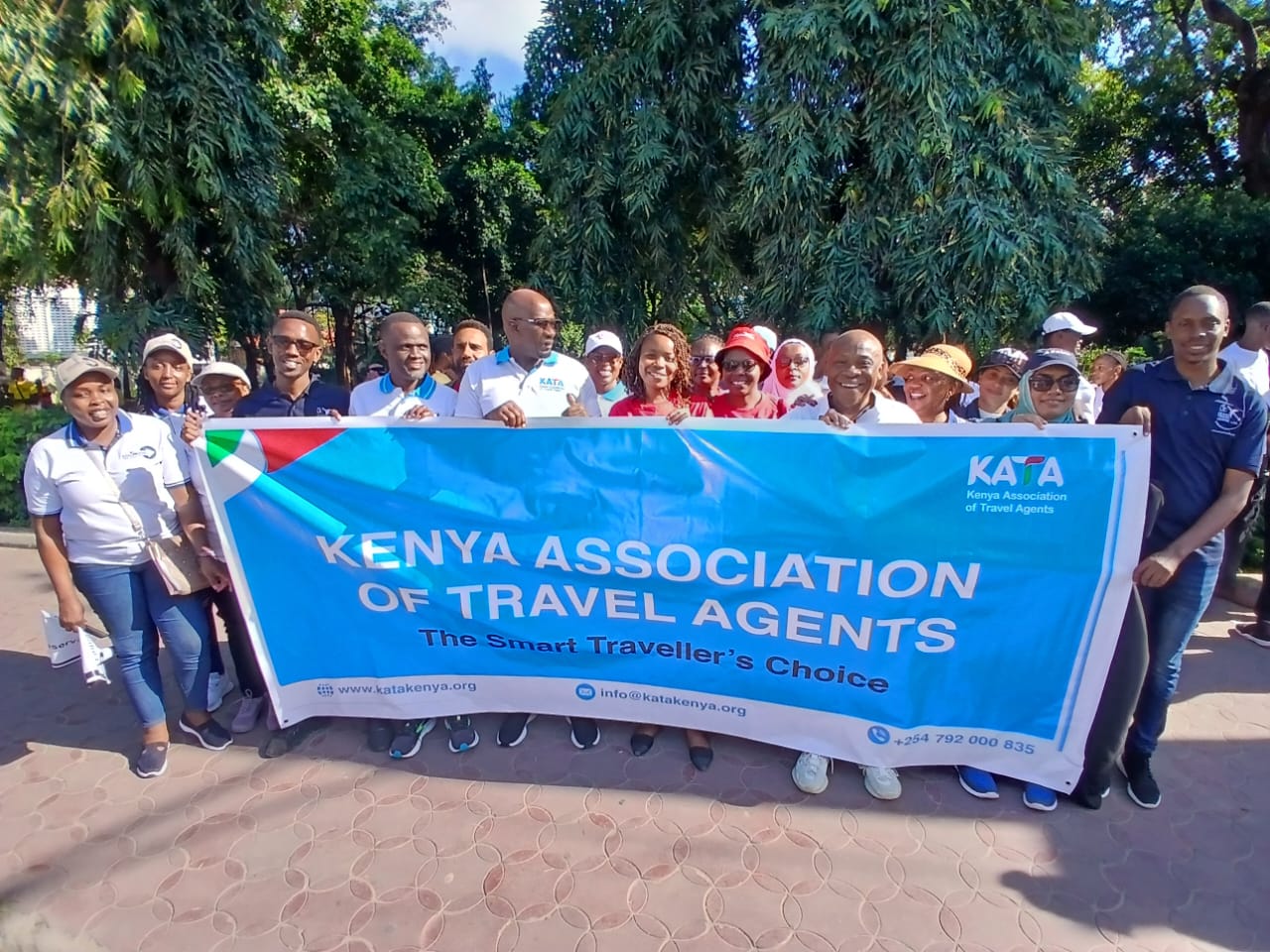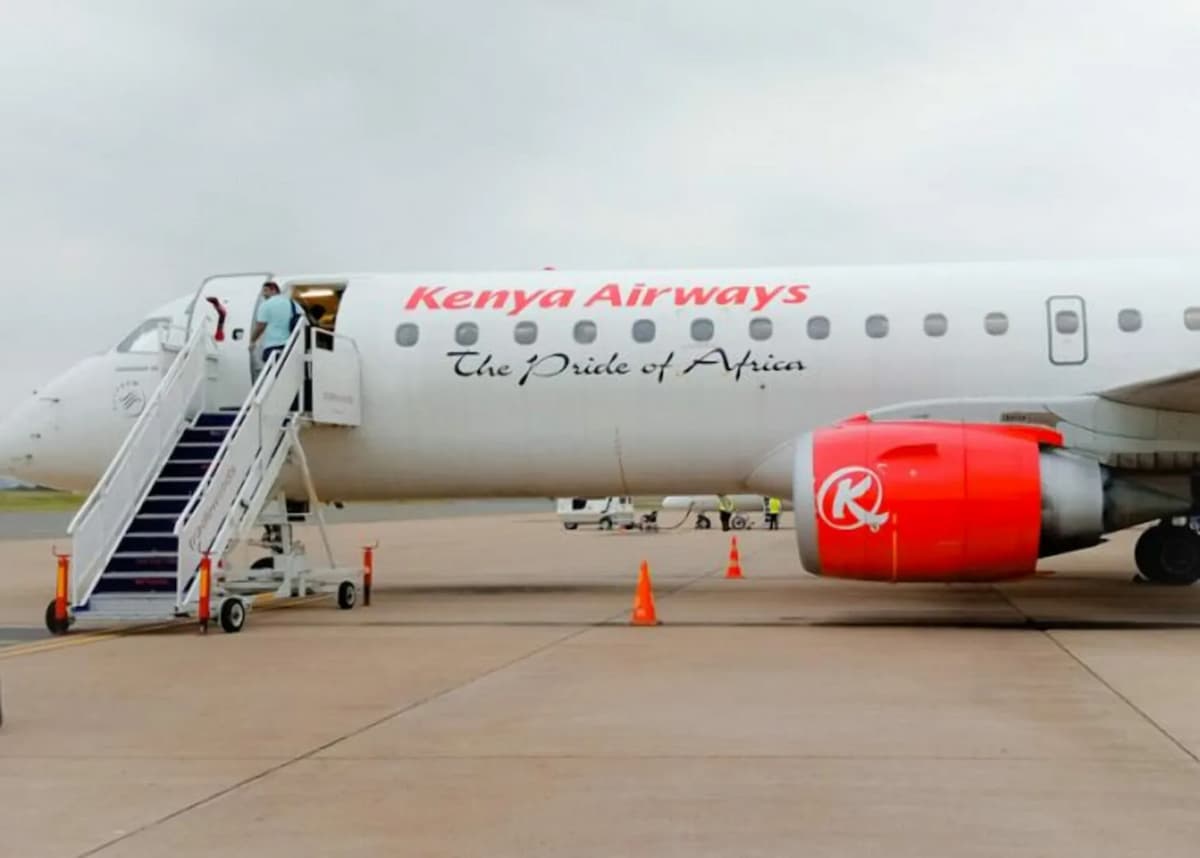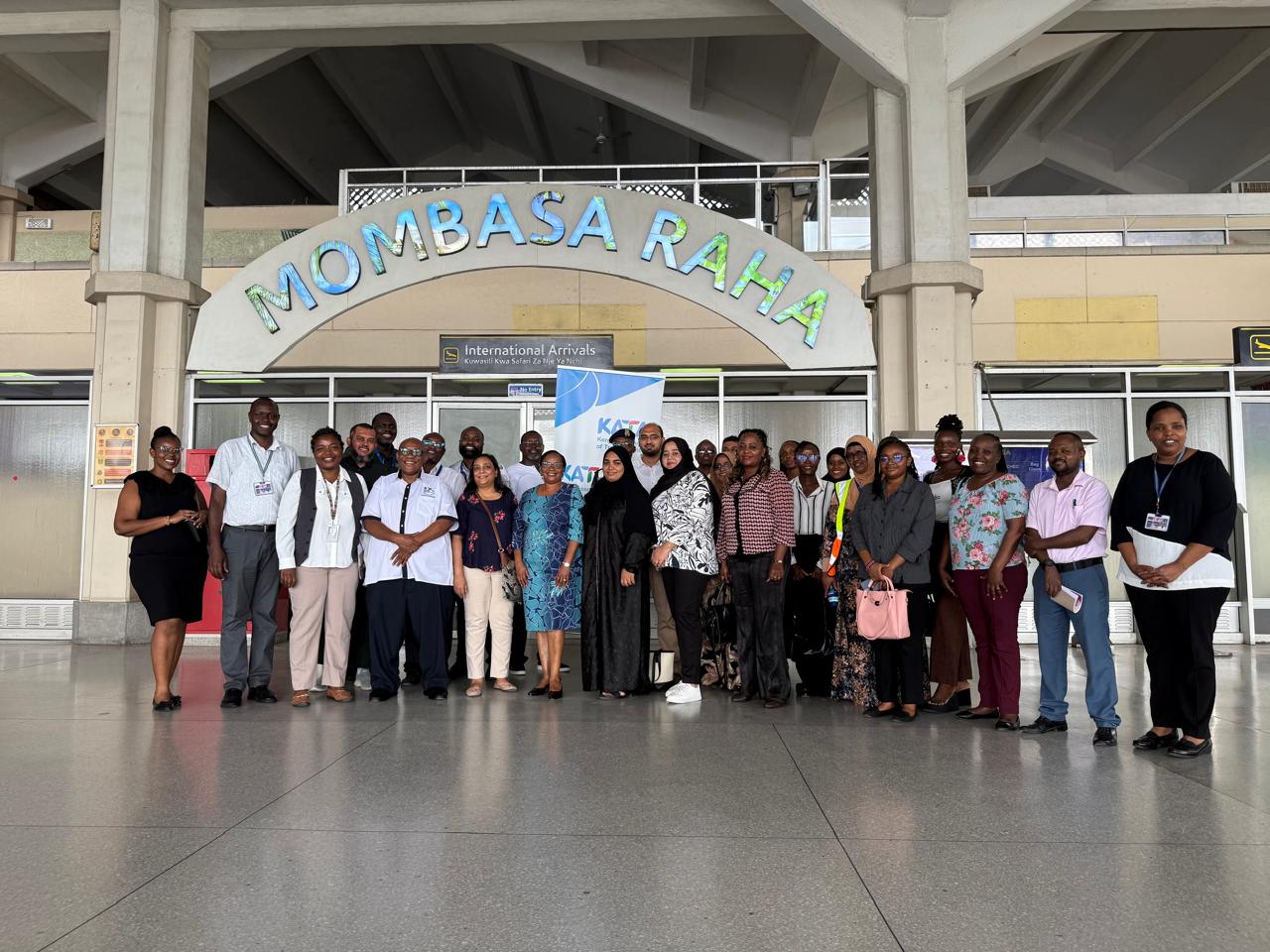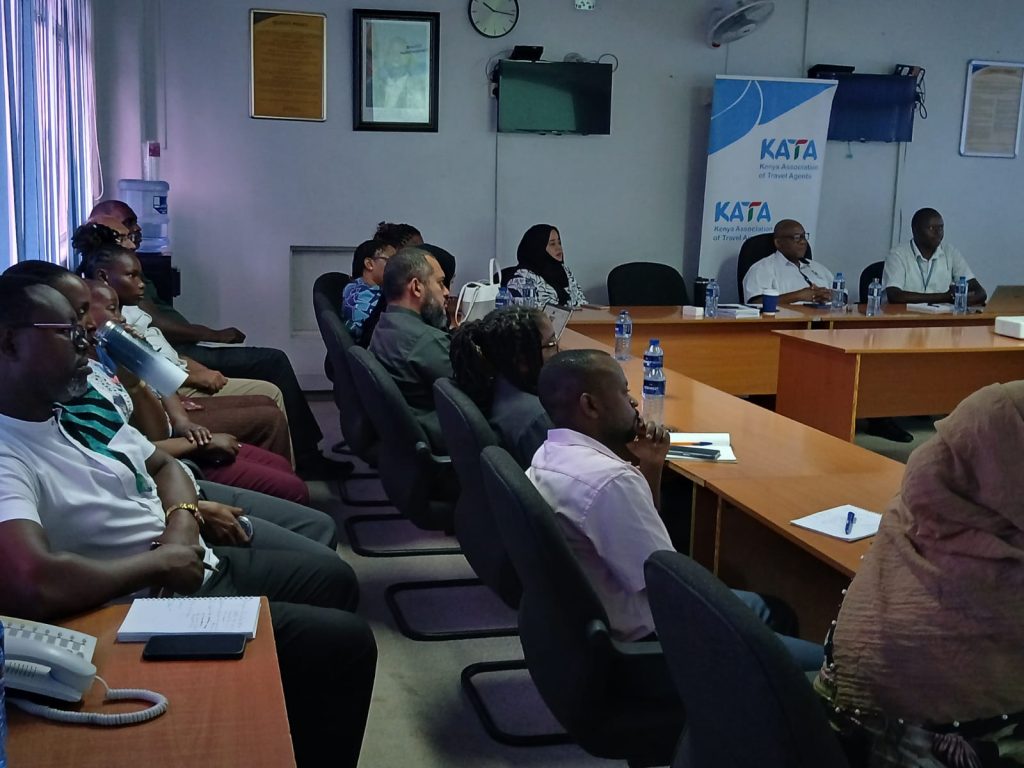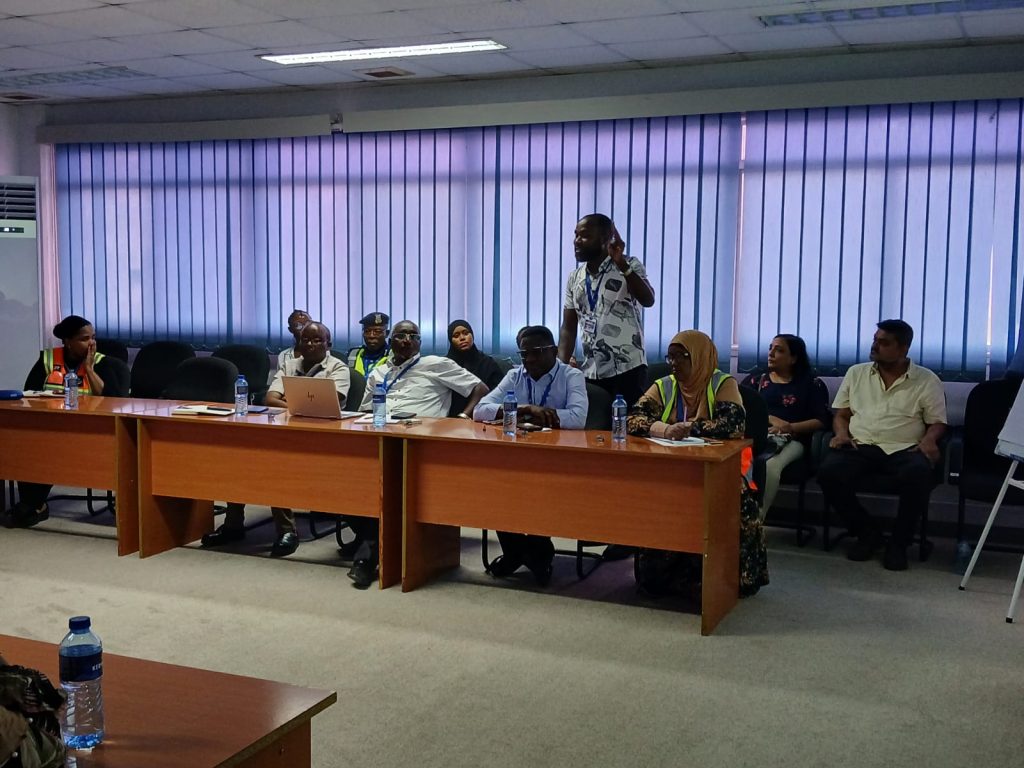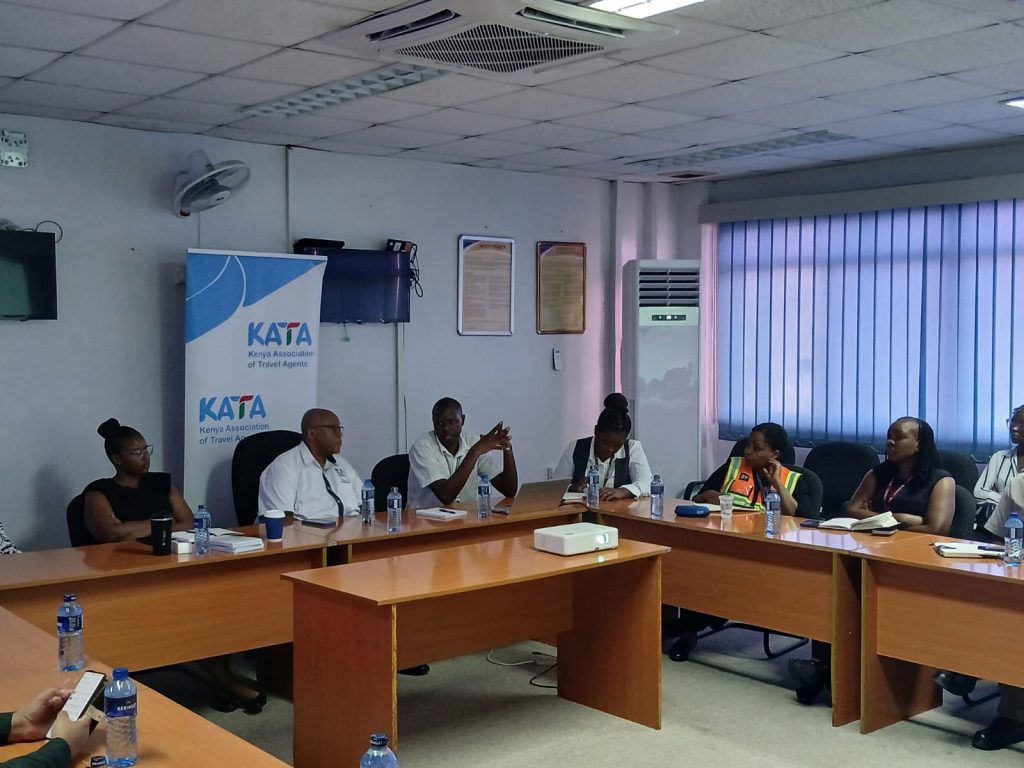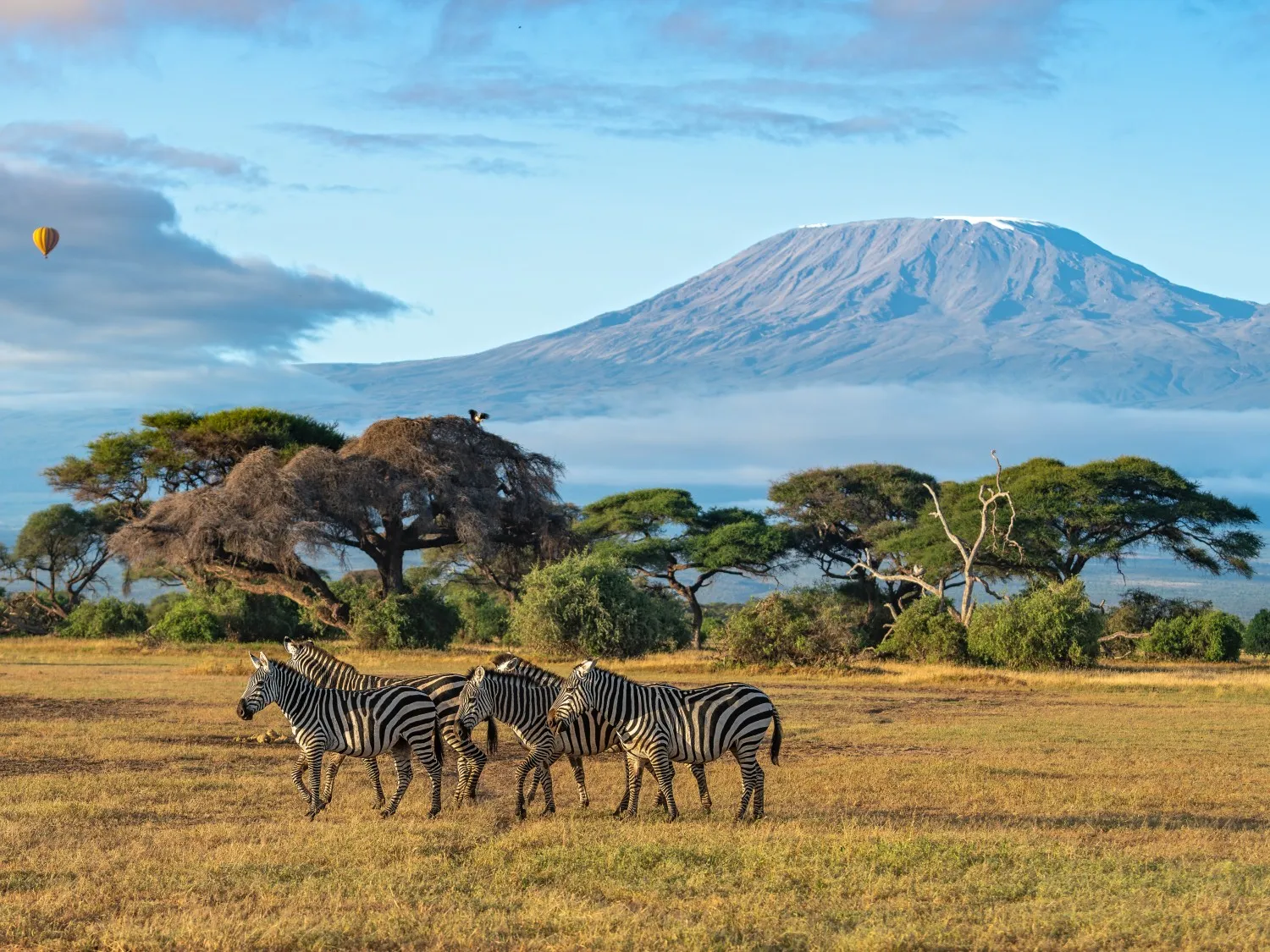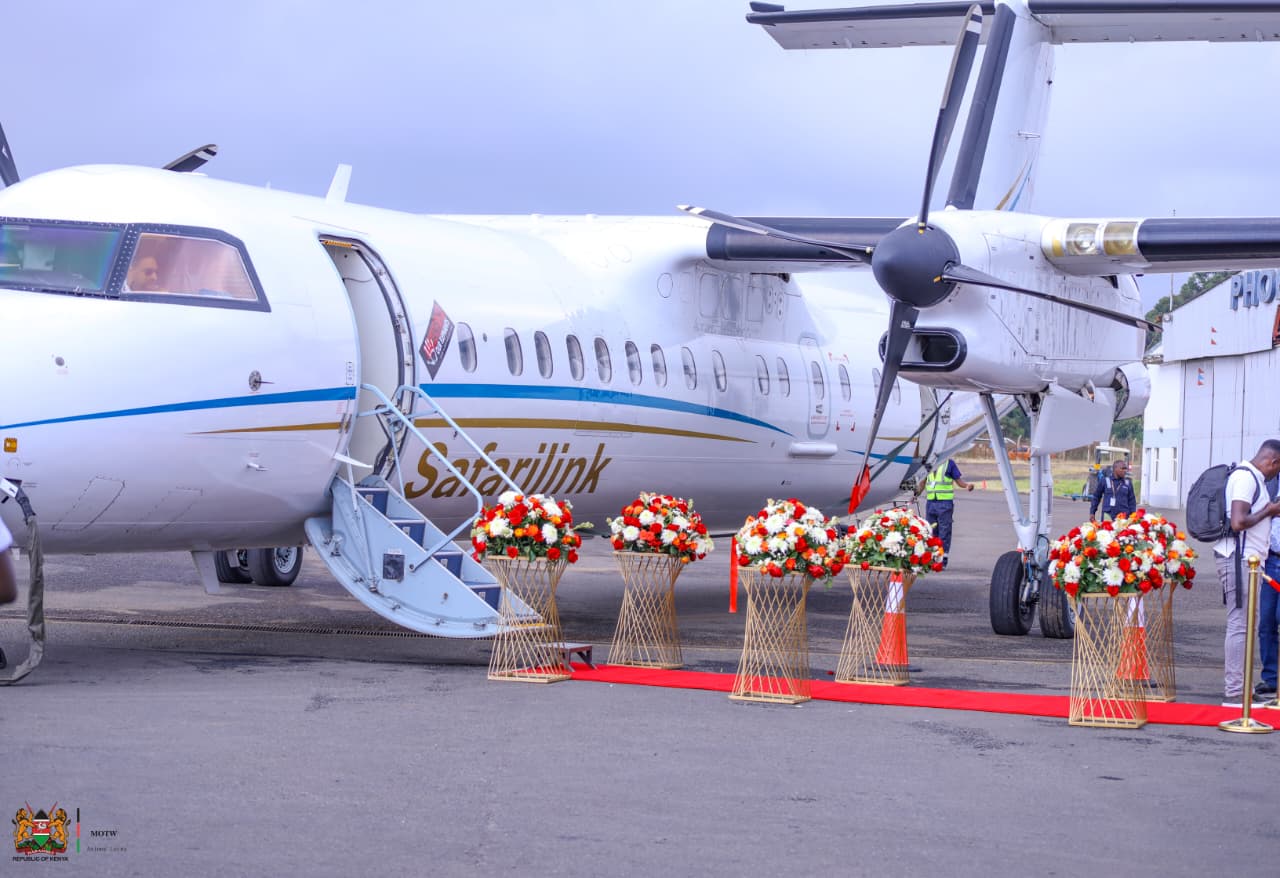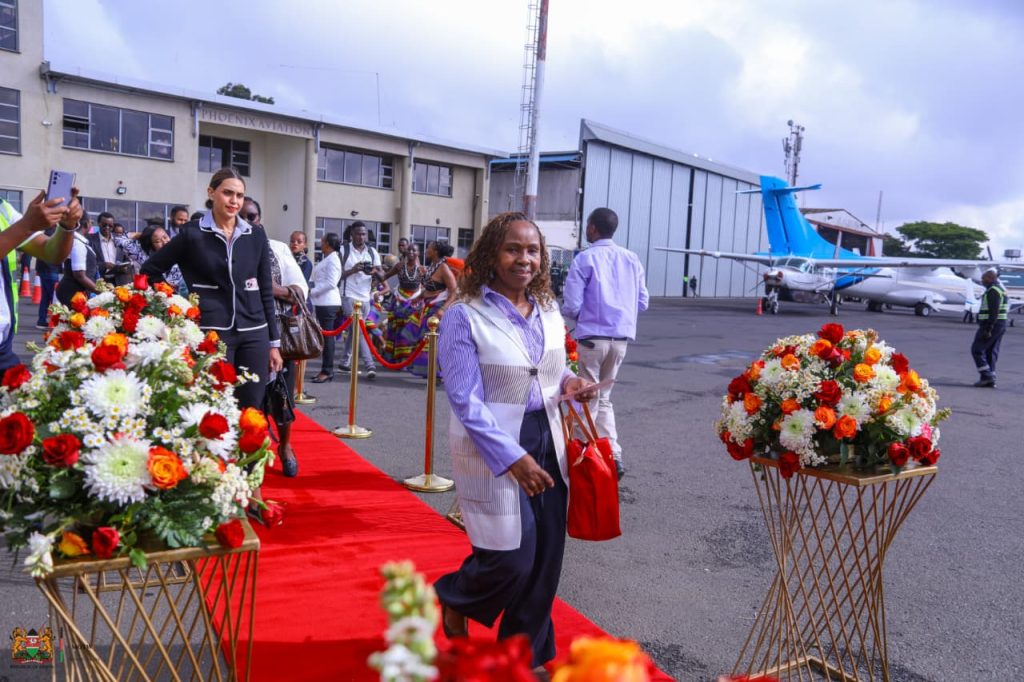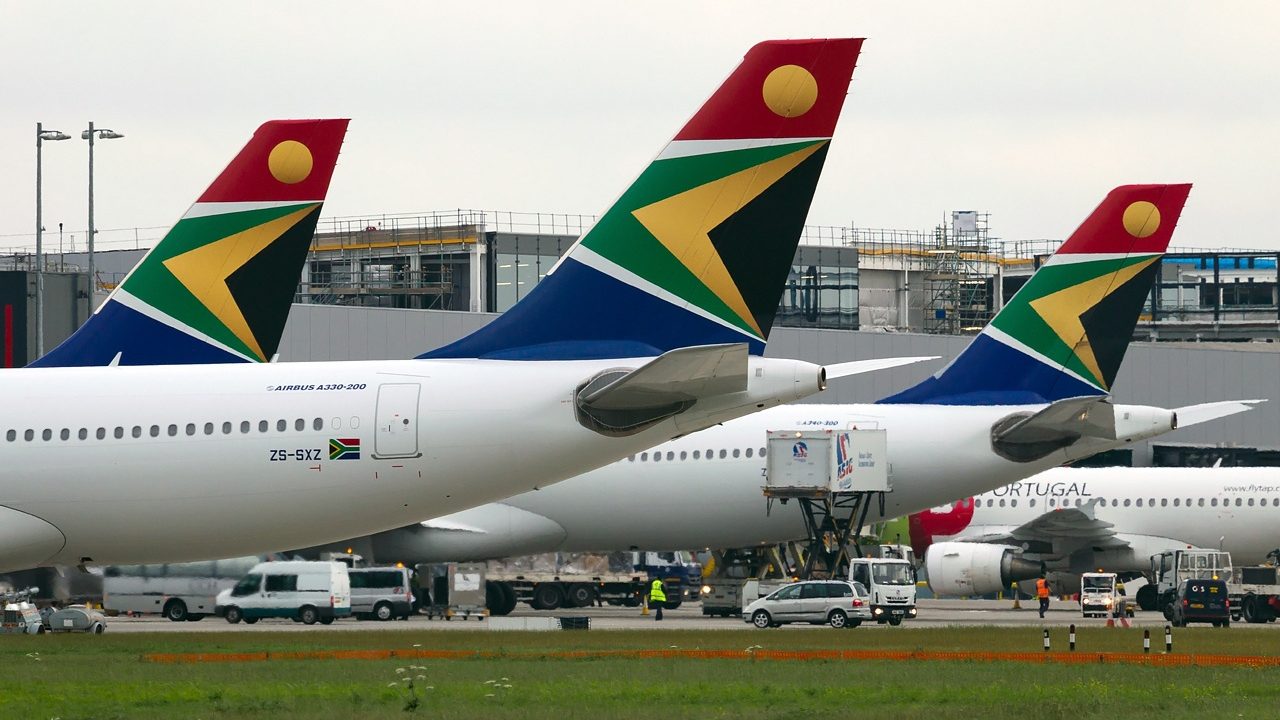Legitimate travel agents in Kenya are increasingly asserting their presence in a market long troubled by rogue operators, following regulatory changes introduced in late 2025 and a growing role played by professional travel industry associations.
For much of the past decade, fraudulent and unlicensed travel agents have thrived during peak travel seasons, particularly during December holidays, Easter, and mid-year school breaks. Complaints ranging from fake airline tickets to abandoned travellers surged sharply as international travel rebounded after the pandemic, exposing gaps in enforcement and consumer protection.
The turning point came in the final quarter of 2025 when the Tourism Regulatory Authority (TRA) tightened licensing rules, making membership in recognised industry associations a mandatory requirement for travel agents seeking licences or renewals. The move marked a shift toward shared oversight between the regulator and the private sector, effectively raising the threshold for entry into the travel trade.
Since the changes were introduced, industry players report a steady increase in the number of licensed and professionally affiliated agencies, alongside heightened scrutiny of informal operators. Enforcement efforts intensified ahead of the December 2025 festive season, traditionally the busiest and most vulnerable period for travel-related fraud.
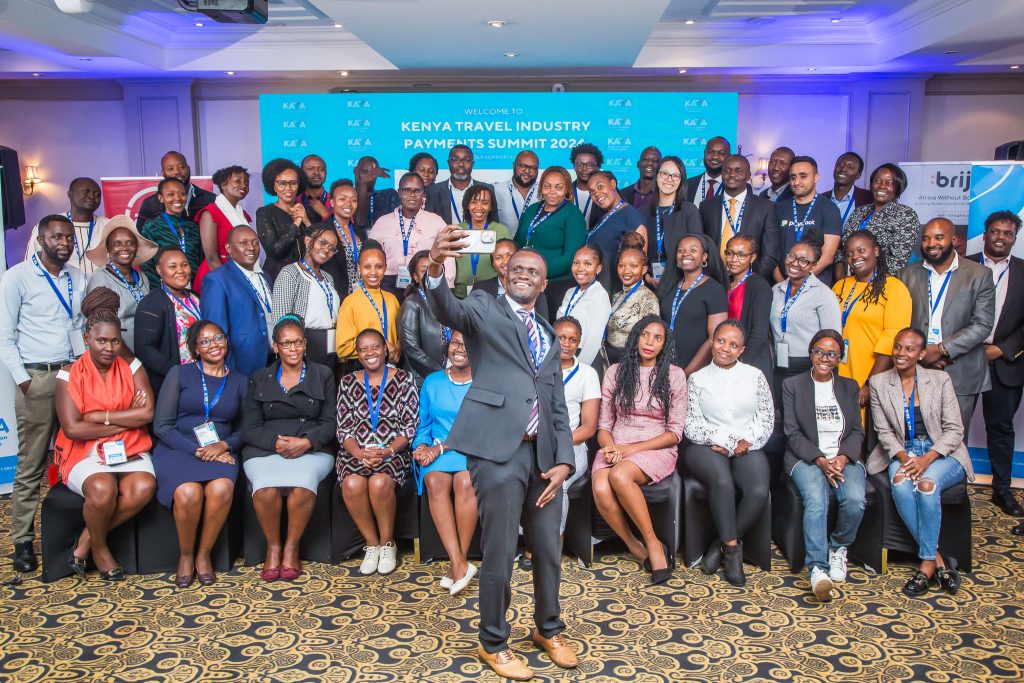

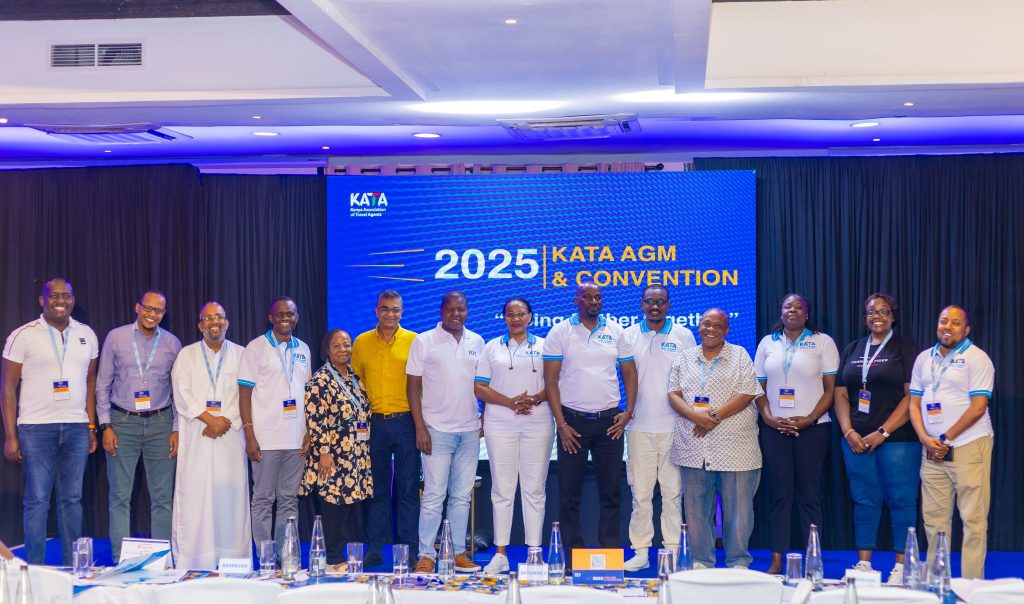
Professional associations have moved to the forefront of this transformation. While the Kenya Association of Travel Agents (KATA) remains a central player, it is part of a broader ecosystem that includes other associations. Together, these bodies have expanded their mandate beyond advocacy to include member vetting, ethics enforcement, and consumer dispute resolution.
In recent months, several associations have introduced seasonal compliance drives timed around peak travel periods in June and July and at the end of the year. These initiatives are designed to flag non-compliant businesses early and provide regulators with up-to-date industry intelligence.
Internationally affiliated organisations have also influenced the shift. Regional and Global bodies such as the Association of Eastern and Southern Africa Travel Agents (AESATA), International Air Transport Association (IATA), and the United Federation of Travel Agents Associations (UFTAA) have provided standards on financial accountability, consumer protection, and ethical conduct that local associations are now embedding into their membership requirements. This alignment has helped Kenyan agencies build credibility with international airlines, hotels, and travel partners.
Early signs suggest the new framework is having an impact. Airlines and accommodation providers report an increase in bookings routed through accredited agents, while insurers say claims linked to travel agent fraud declined during the 2025 end year travel period compared with previous seasons. Travellers are also becoming more cautious, increasingly checking licences and association membership before making payments.
Regulators say the objective is not to restrict the industry but to professionalise it. By anchoring licensing to association membership, oversight now extends beyond government inspections to continuous peer monitoring within the industry itself.
As Kenya heads into the 2026 travel cycle, industry leaders believe the balance is shifting. Legitimate travel agents are gaining visibility and trust, while rogue operators are finding it harder to operate in the open. For an industry built on confidence and reliability, the growing influence of professional associations may be the most significant reform yet.

